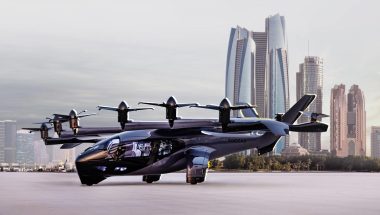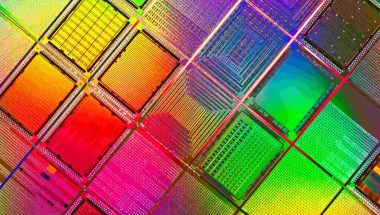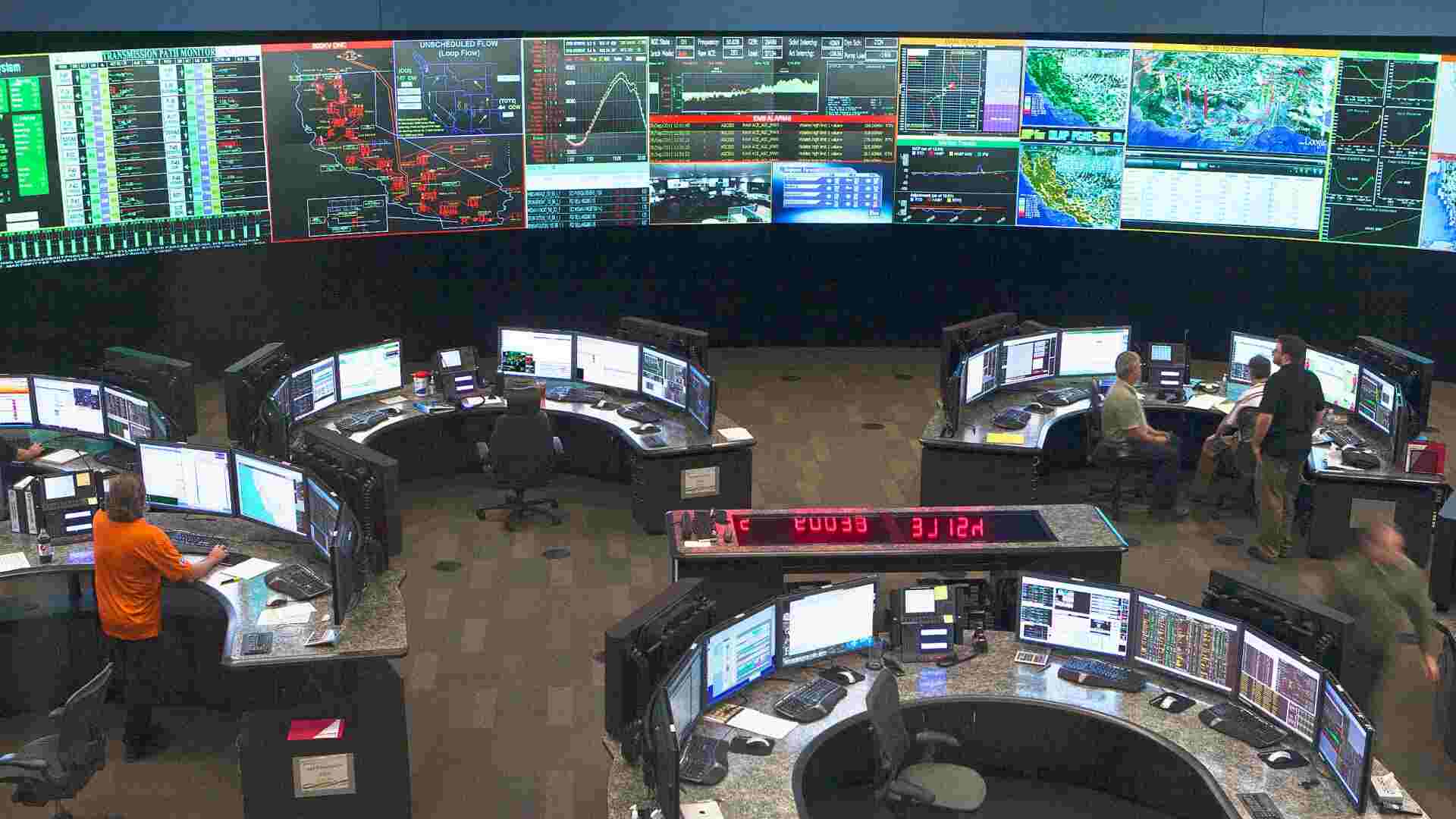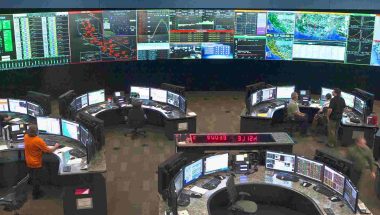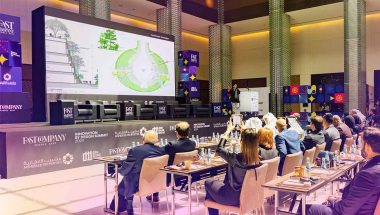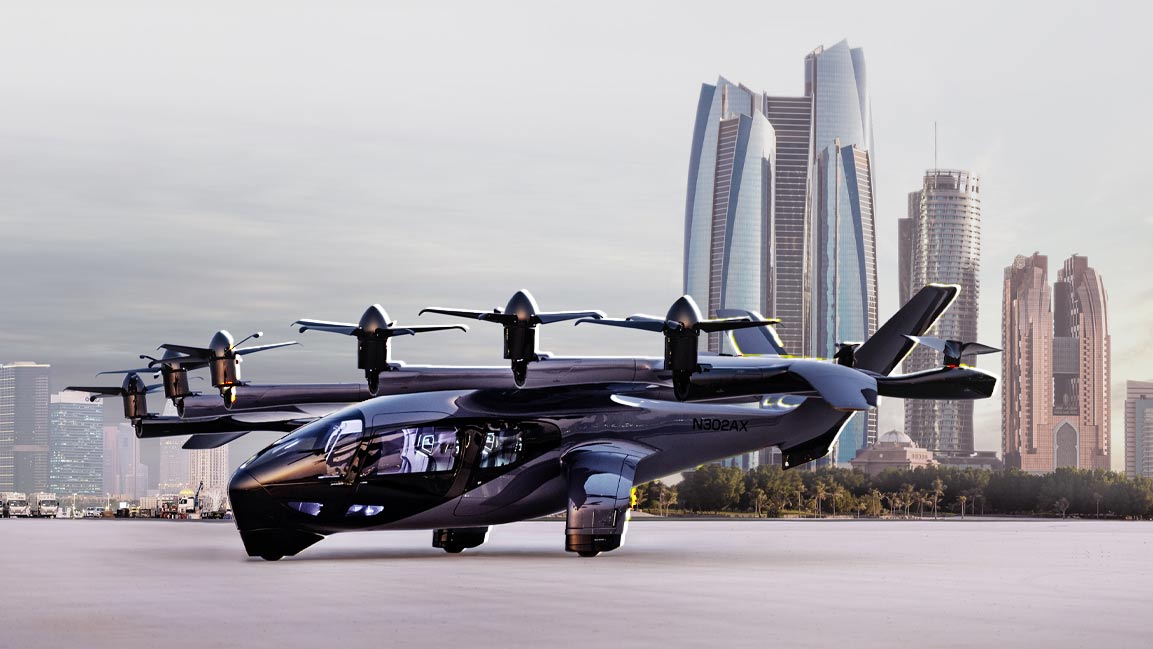- | 8:00 am
Agriculture is leading tech innovation. Here’s why other industries should pay attention
From autonomous EVs to plants that fluoresce when attacked, Fast Company’s Most Innovative Companies in agriculture list contains important lessons for all tech companies.

There’s a joke about a farmer who has a terrible internet connection. He moves the router to his horse barn outside and says, “Now I have stable Wi-Fi.”
It works because few people think rural America is a place to catch technology in action. But this betrays a misunderstanding of today’s farms, which, to give a good example from the past year, just got their own fully autonomous electric vehicles, while San Francisco’s tech crowd still holds its breath for driverless personal cars. In fact, the agrarian setting has emerged as the backdrop for a number of cutting-edge technological and scientific advancements, many of which may already be in operation on farms near you. (You can see the trend illustrated in the full list of 2024’s Most Innovative Companies in agriculture.)
Futuristic tech’s use in agriculture “is no longer limited to science experiments,” says Aaron Rudberg, senior managing director and chief operating officer of S2G Ventures, one of the largest VC funds focused on food, energy, and agriculture. In recent months, he says he’s watched several agtech firms “move from the lab to generating seven-figure top-line revenue.”
Monarch Tractor—literally a Silicon Valley tech startup—has been selling its MK-V, the electric AI-powered tractor mentioned above, to berry farms, orchards, dairies, and even golf courses across America since April. The company has lobbied to get farmers access to the same federal subsidies enjoyed by Tesla or Rivian buyers, though those companies’ EVs still require a human behind the wheel. Monarch’s CEO, Praveen Penmetsa, an EV mechanical engineer, says his goal is to produce more than jealous technocrats: At a time when AI competition has never been more intense, Monarch is open-sourcing its software, giving its crown jewels away to farmers for free.
What Monarch tractors can’t do is weeds. For that, farmers were given another tech breakthrough in 2023: the Element robot weeder by agrobotics startup Aigen. It’s the first weeder that drives itself and is powered entirely by the sun, using regenerative motors that require less than 1.5 watts of power to operate (that’s less than an iPhone). It is the handiwork of an ex-Tesla engineer. Preorders sold out in a single day last June. The units are scheduled to roll out next month.
Tech isn’t merely improving machinery either. In recent months, startups like InnerPlant managed to bring to market innovations that enhance plants themselves. InnerPlant’s breakthrough is crops engineered to send distress signals when they become undernourished or are attacked by pathogens. Satellites (in the form of Tesla sister company Space X) dispatch an army of ground drones to treat the distressed plant, rather than blanketing fields in pesticides. The anti-GMO crowd isn’t crazy about these crops “fluorescing” visibly from space, but nonetheless, once InnerPlant’s first commercial product—InnerSoy—debuts this year, fungi will be engaged in a cosmic battle against robots playing out on farms.
Another player, the publicly traded biotech company Cibus, is helping advance plant gene-editing at speeds that outpace the work being done with other living genomes. The so-called Trait Machine that it unveiled last year claims to alter the biological traits of crops—making them more resistant to weeds, disease, pests, and climate change—through a rapid, affordable process that previously has required more than a decade of time and a budget of more than $100 million.
Why has ag become so appealing to tech startups? Rudberg says that the problems that farmers face are, in a lot of cases, simple ones where technology plays a clear, key role. “Tech companies out there struggle because they try to sell the whiz-bang, latest, greatest technology,” he explains, “but it doesn’t solve real everyday problems.” Do commuters need a Tesla with Full Self-Driving mode?
Compare this to farmers who, to stay in business, must find more precise ways to use costly, environmentally risky, increasingly scarce products while their workforce keeps diminishing. For them, AI and robotics can improve productivity, and, along the way, also the quality of food eaten by everyday Americans—who probably have no idea what farmers are storing inside their stables.








